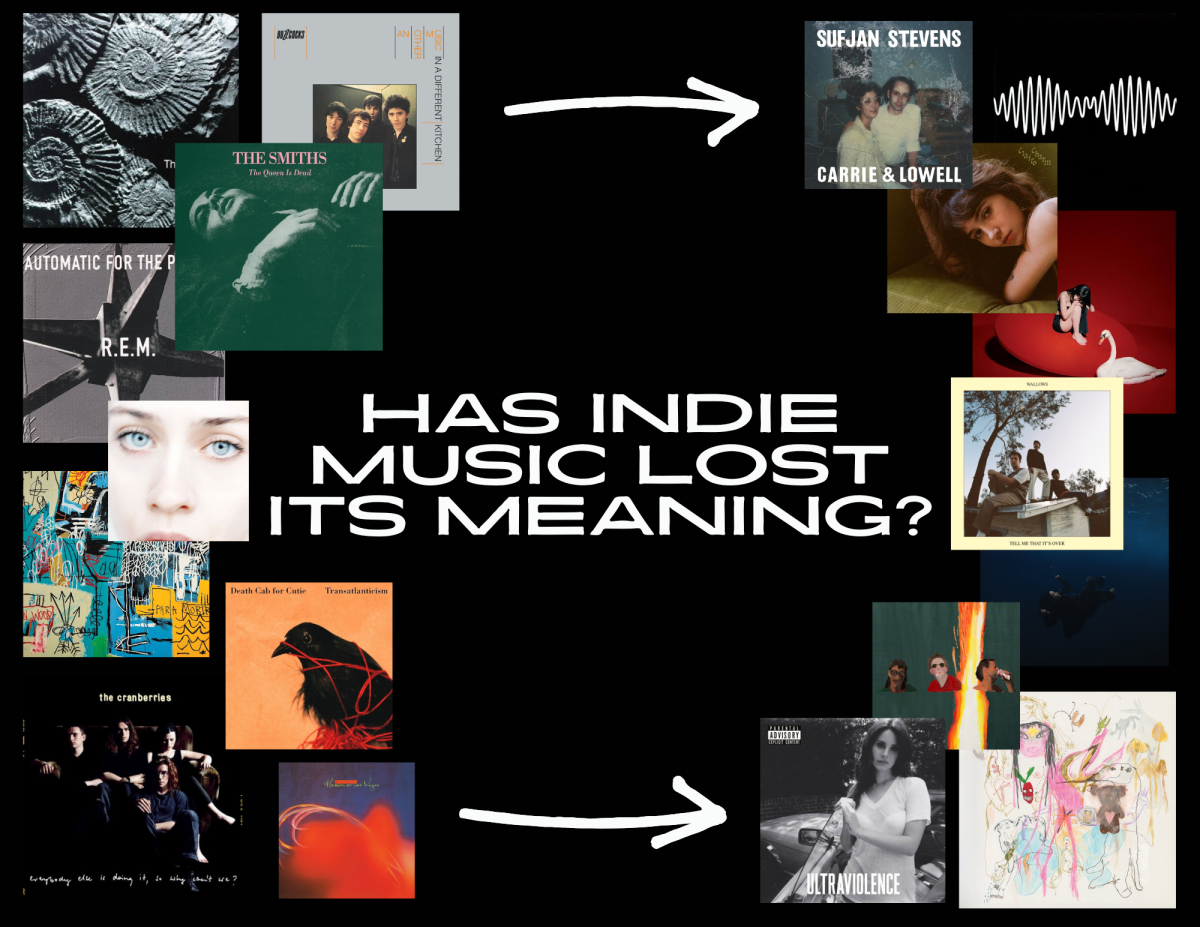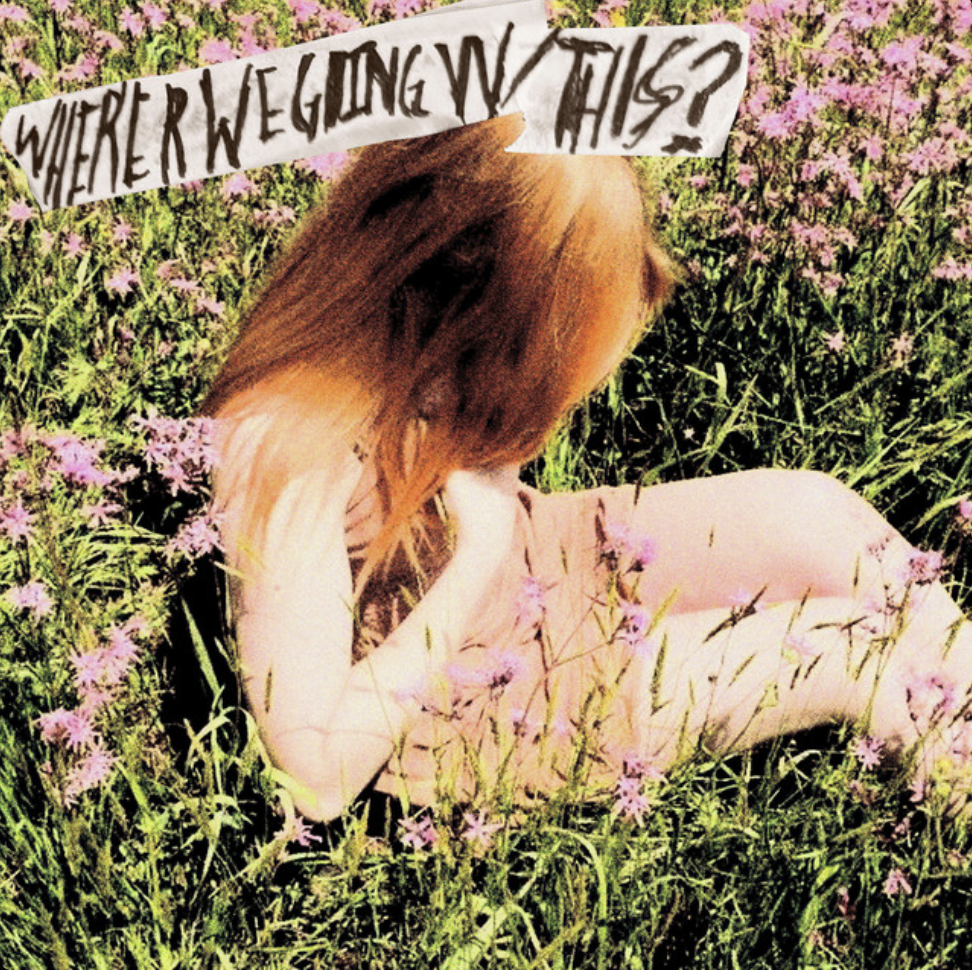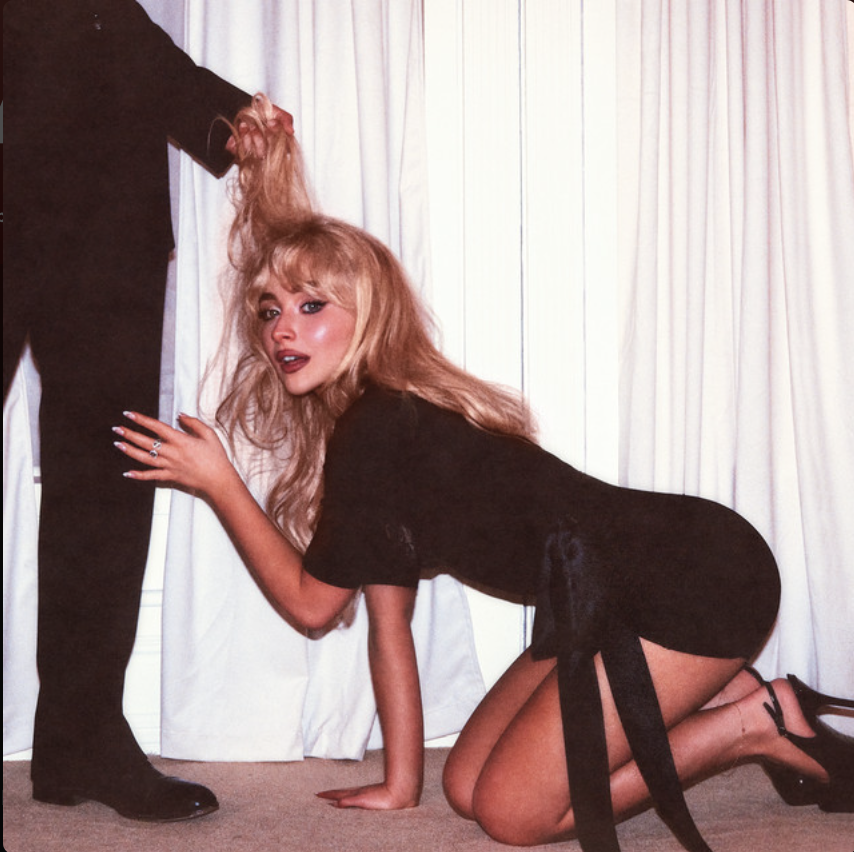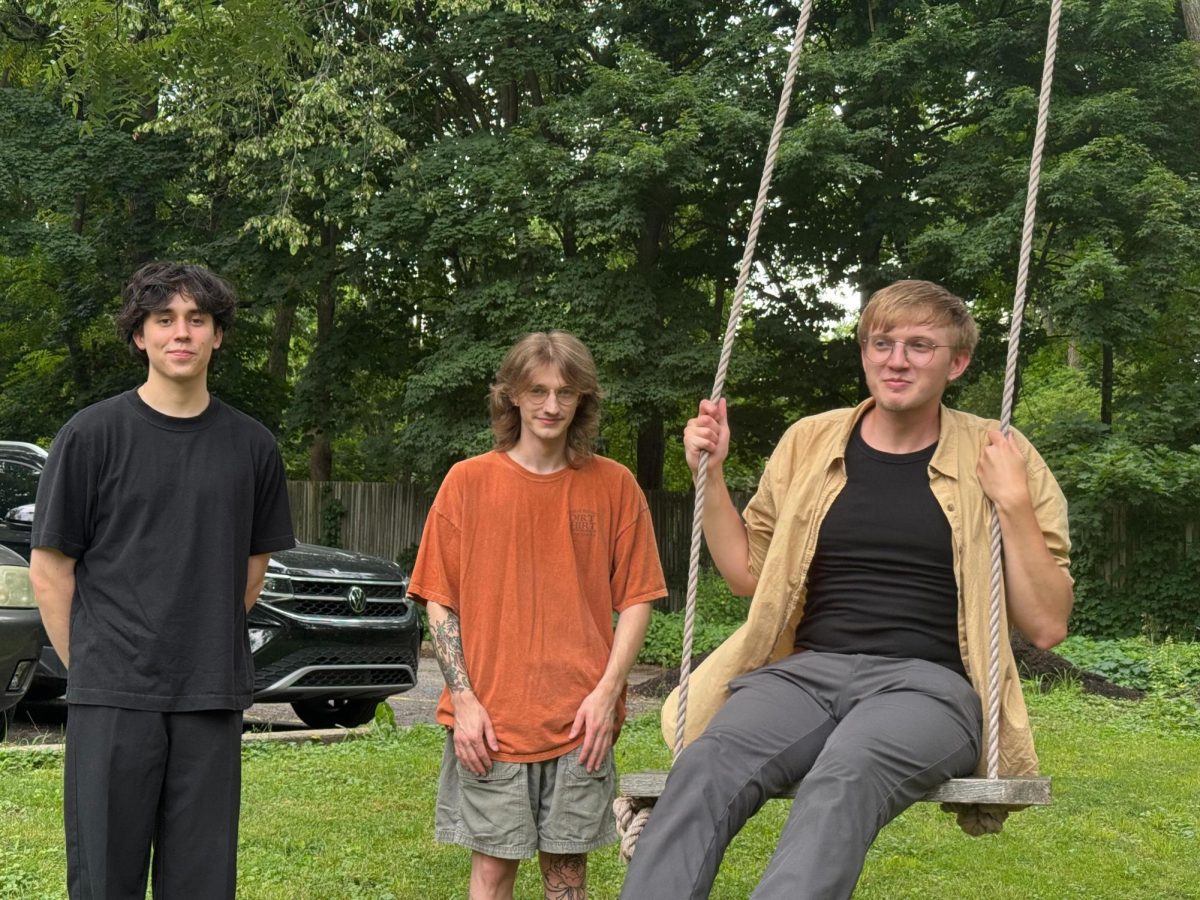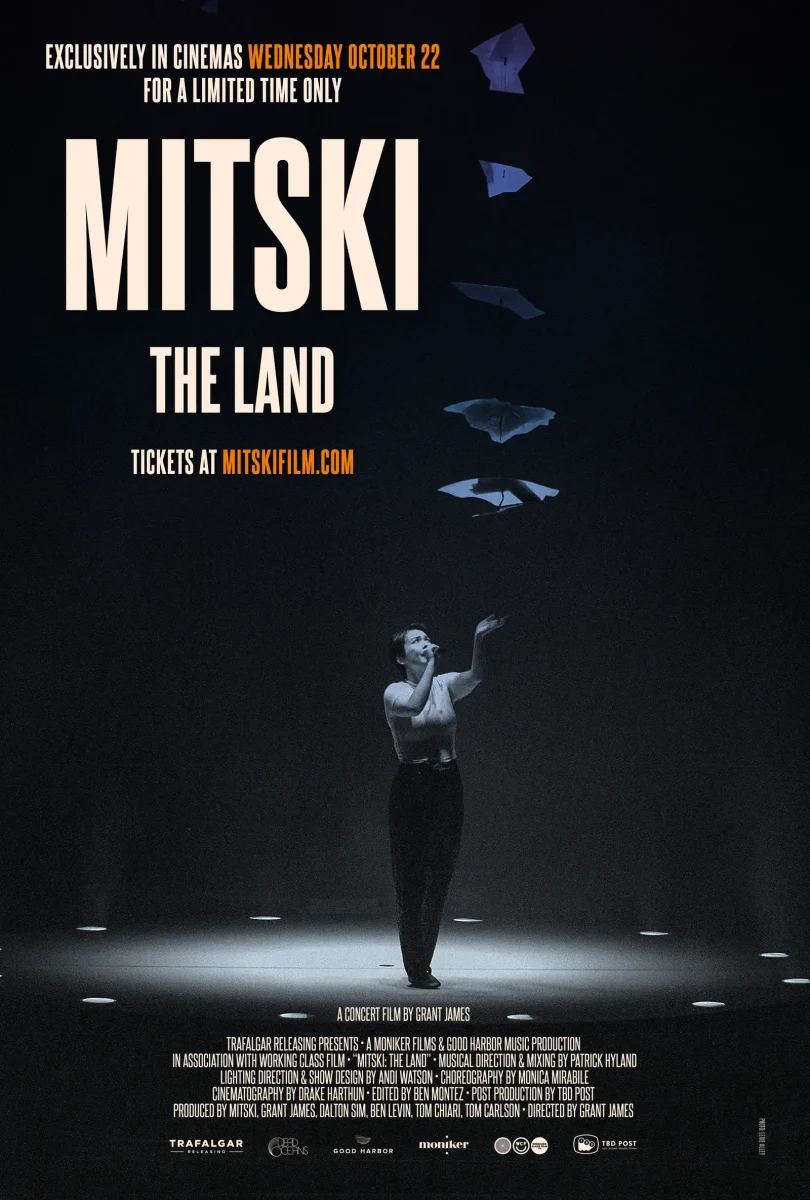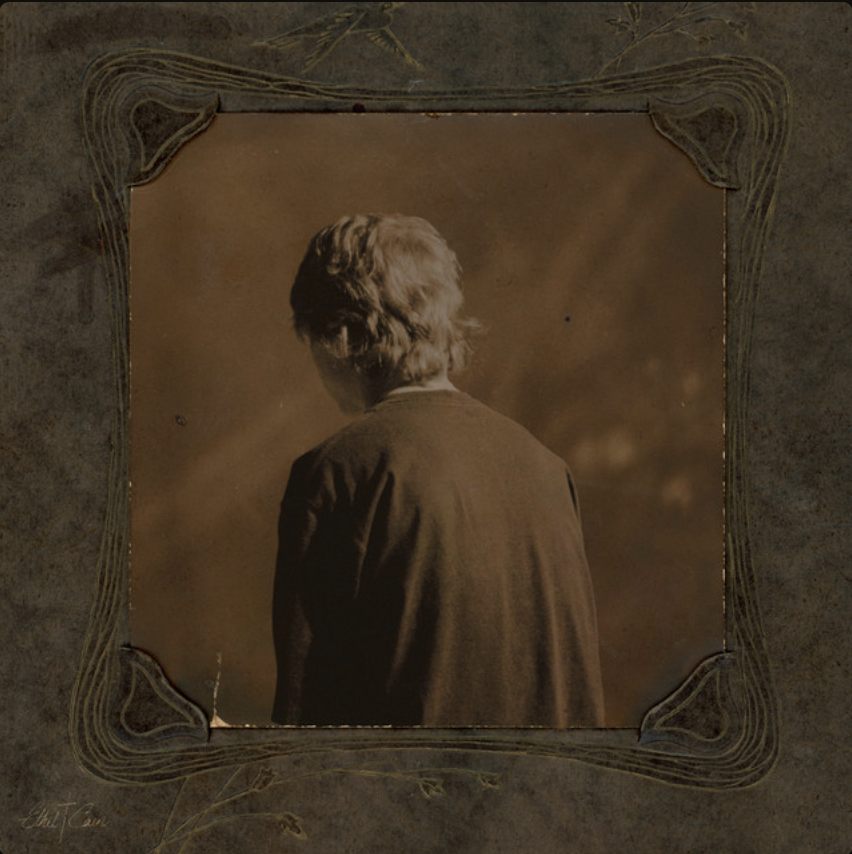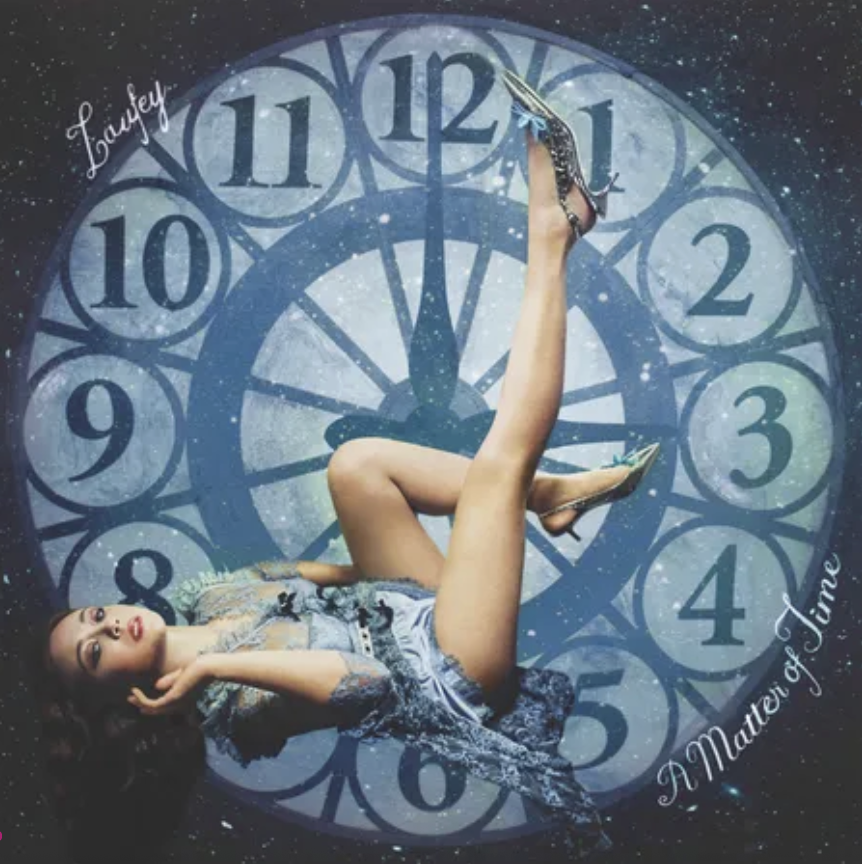Once upon a time, indie meant something. In music, ‘independent’ means an artist or label that does not operate under a major music label. Yet over time, indie has gravitated further and further away from the meaning of independent.
Now, what defines a piece of music as “indie” is a thinly grasped mood; it’s a sound that doesn’t seem to exist. Indie is one of the most rapidly developing genres in music today, with thousands of new artists emerging and music released daily. Yet when the genre is constantly changing, we begin to wonder: what does indie even mean?
To give a brief historical background, the term first emerged in the UK in the 1970s and 1980s, introduced into the world of British Rock by artists like the Buzzcocks, R.E.M., and the Sundays. It then further launched to popularity in the 90s, taking it from niche to well-known. By the 2000s, indie had expanded to every genre possible, from hip-hop to jazz to R&B.
In the genre of indie music, the term is most commonly used as an umbrella term. Because indie is often interchangeable with the meaning of independent, indie will be used in front of other genres like pop, rock, and jazz to demonstrate an independent artist (someone who does not produce music under a major music label) who makes music in a certain genre.
It should be simple enough. Yet the issue arises when artists who are not independent become categorized as indie. If they are not independent, how and why would they be labeled as an indie artist?
Over time, indie has become more than a label for independent artists, a chance to be discovered. Indie has developed its own sound and its own aesthetic — further creating confusion, and the reason why some indie artists are not quite “indie.”
The “indie sound” is complex. I put this in quotes because it does not seem to have any clear descriptors. It doesn’t have any repetitive sounds used that we see in most music made in a certain genre, because indie is not just one genre — it’s a collection of many varied sounds. The closest I can come to describing the sound as a genre is that it’s rough around the edges; it has the sort of feeling that cannot be replicated in a hotshot recording room. It’s the sort of music made in an artist’s own bedroom.
But the fact that the music itself is homemade doesn’t answer the question — it requires a closer examination. When we examine indie pop, much of it sounds alternative compared to traditional pop. Though artists in indie pop technically make pop music, many lean more into the alternative sound as well. This is the reason major artists who are certainly under large music labels, such as Billie Eilish and Lana Del Rey, are again and again categorized as indie — because they have that “indie” sound.
Like the sound of indie, the indie image is not manufactured and artificial. No one has crisp eyebrows and a production team. Instead, album covers are taken with disposable cameras and DIY-ed in backyards; raw, soft and nostalgic.
There is a common misconception that fame and virality determine whether an artist is indie or not. Before the digital age, artists had to have connections and money to get where they wanted — before streams and social media existed. In the current century, a 15-year-old indie artist from Minnesota can go viral on social media and blow up. Does this mean someone who was originally indie can automatically graduate to pop now, just because they became “famous?”
I don’t think so. Virality is completely online — it can sometimes transfer to real life, but it’s not enough to change the scene of an artist, and it definitely does not change the music that an artist makes. Just because an indie artist has more than ten million streams per month doesn’t dismiss the fact that they still make indie music.
We have to remember that a genre is a fickle thing. It’s not a square, with stiff, hard lines; it cannot be boxed in. Instead, it’s a constantly changing organic shape — artists slipping through our fingers between genres as we desperately try to label them. Maybe eventually we’ll realize that there is no correct answer, especially when it comes to the genre of indie.
Over time, perhaps indie has lost its meaning in the process. And that’s okay, because meaning shouldn’t lay in the meaning of indie itself. Meaning should lay in good music, genre regardless.



